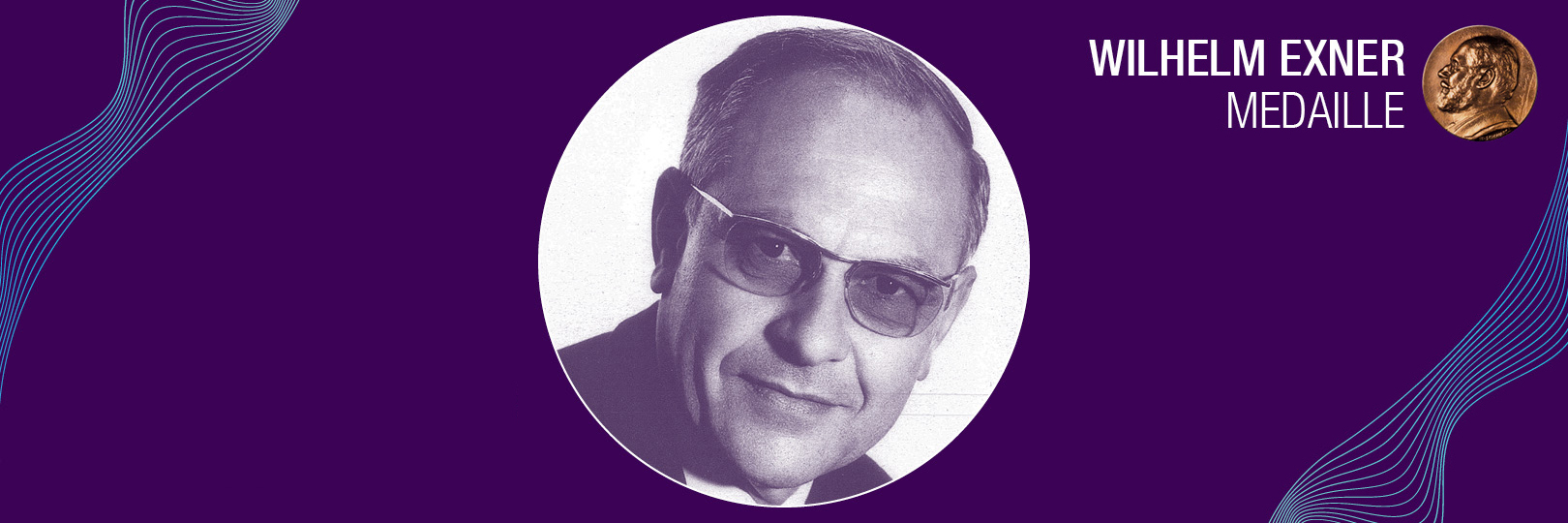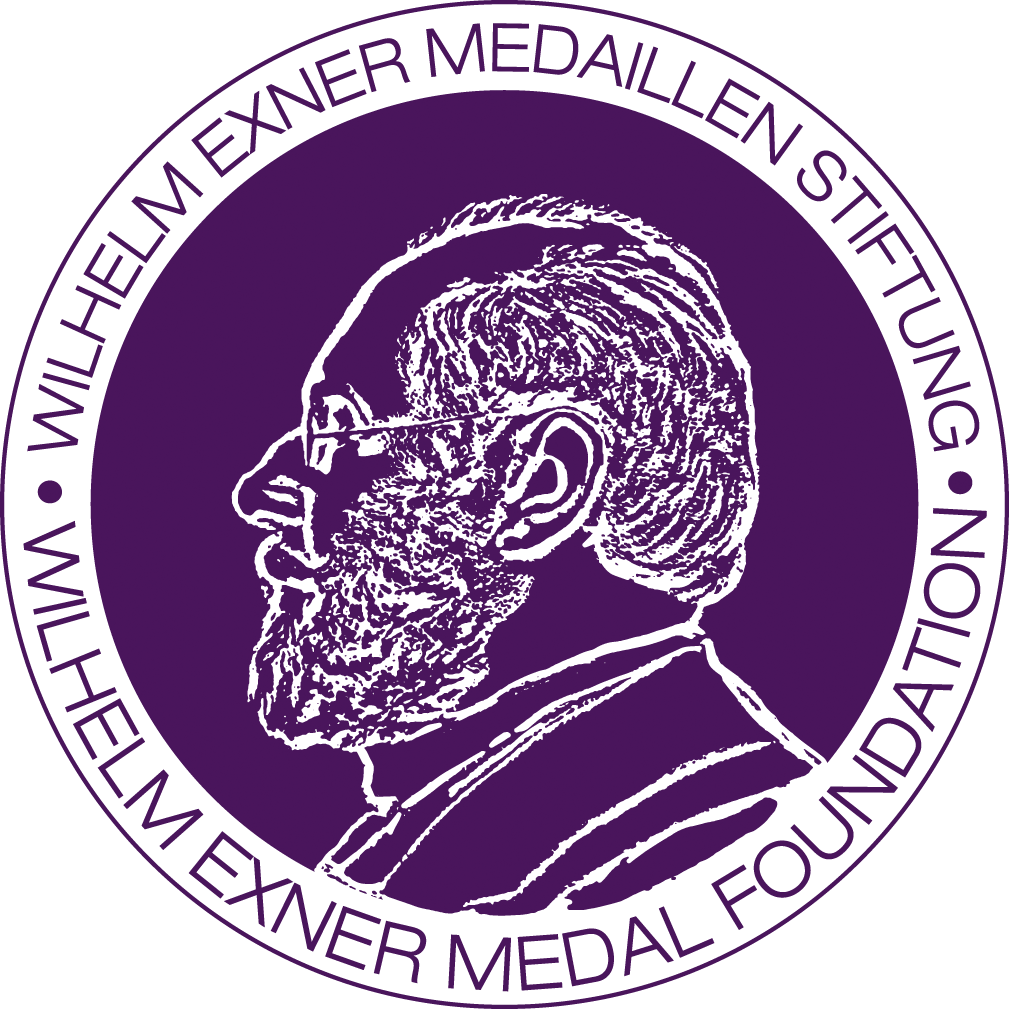
Saving energy was already important to Gernot Zippe. The nuclear pioneer developed a gas centrifuge that separates the element uranium into the lighter isotope 235 and the insignificantly heavier isotope 238 – using less energy than other enrichment processes.
Gernot Zippe studied physics at the University of Vienna, then worked as a radium researcher. During World War II, he was a scientist with the German Air Force. While a Soviet prisoner of war, he developed the gas centrifuge with an efficiency of 30 percent. Back in Austria, he patented the “Zippe centrifuge.” At Degussa, he worked on improving centrifuges. Later, he advised the MAN company, among others, on the construction of gas ultracentrifuges.
In 1977, he received the Alfried Krupp von Bohlen-und Halbach Prize for his energy research. He was a member of the International Organizing Committee for GSR Workshops and International Workshops on Separation Phenomena in Liquids and Gases, SPLG.

